





Happiness in
Times of Crisis:
Pain, Precarity, and
Planetary Suffering
The College of Integrative Studies and the Wee Kim Wee Centre are delighted to announce the 8th Annual SMU-Soka International Peace Symposium scheduled for 2 February 2024. This symposium, an annual event rooted in the Big Questions module of Singapore Management University’s Core Curriculum, is designed to encourage public engagement and discourse on relevant issues in the contemporary world.
This year's symposium, titled “Happiness in Times of Crisis: Pain, Precarity, and Planetary Suffering”, delves into the intricate relationships between achieving happiness and well-being during periods of adversity and crisis. Utilising a multidisciplinary approach that involves experts in academics, policymaking, activism, creative practices, and industries, the event serves as a platform for collective learning and constructive dialogue, fostering a deeper understanding of how we can expand the frontiers of our knowledge in the pursuit of happiness.
2 February 2024 (Friday)
9.30am to 4.00pm
Panel Discussions
4.30pm to 6.00pm
Online Keynote Lecture by Professor Bruce Hood
Ngee Ann Kongsi Auditorium
School of Accountancy, Level 2
Organised by
the College of Integrative Studies and
the Wee Kim Wee Centre
Supported by Soka Gakkai Singapore


.png)
PROGRAMME
9.30am
REGISTRATION
9.50am
WELCOME ADDRESS
Michael Yap
Vice General Director
Soka Gakkai Singapore
10.00am-11.30am
PANEL ONE — PAIN AND THE HUMANITIES
Pain, Pleasure, and Meaning
Matthew Hammerton
Assistant Professor of Philosophy
Basket Coordinator for Modes of Thinking
Lee Kong Chian Fellow
School of Social Sciences
Singapore Management University
Pain is an unavoidable part of human life. For hedonists this is bad news as they believe that experiencing pleasure and avoiding pain are the only things that ultimately matter in life. In this talk, the speaker will argue that, although pleasure and pain are important, living a meaningful life also matters. He will explore philosophical accounts of meaning in life and show how painful experiences can often contribute significant meaning to our lives. Thus, pain being an unavoidable part of human life is not all bad news.
Brown Joy and Pain: Scripting and Performing Stories of South Asian Women for the Singapore Stage
Sindhura Kalidas
Associate Artist
The Necessary Stage (TNS)
Being a woman is tough. Being an Indian woman is even tougher. So begins the synopsis of The Necessary Stage’s (TNS) Happy Indian Women, a verbatim play that questions the assumptions we make about the complex South Asian diaspora in Singapore today. In this presentation, TNS Associate Artist, and writer and co-director of Happy Indian Women, Sindhura Kalidas, will explore how gender, power, and politics intersect in the scripting and performing of the South Asian female experience on stage, and how the specific social, cultural, and political structures influence these women’s experiences of joy and pain.
Cambodian Popular Music: A History of Resilience
LinDa Saphan
Associate Professor of Sociology
College of Mount Saint Vincent
This presentation will delve into Cambodia's journey through various contrasting ideological and political regimes over a few intense decades, transitioning from absolute monarchy to communism, turning the country into a political experiment. During the pre-war era, popular music, including rock and roll, played a crucial role in urban life. Cambodia experienced a vibrant musical heyday in the 1960s and 1970s, characterised by diverse influences from around the globe. With a limited visual and auditory connection to their past, both on an individual and national level, Cambodians had to reconstruct a visual narrative of their history, attempting to recover lost memories and narratives. The surviving musicians, facing challenges, endeavored to revive popular music with minimal instruments and materials, relying solely on their recollections of pre-war music.
MODERATOR
Emily Soon
Lecturer of English Literature
College of Integrative Studies
School of Social Sciences
Singapore Management University
11.30am-12.30pm
LUNCH BREAK
12.30pm-2.00pm
PANEL TWO — PLANETARY SUFFERING
I’m Okay if Earth is Okay
Denise Dillon
Associate Dean of Research Education
Associate Professor of Psychology
Chair of the Institutional Animal Care and Use Committee (IACUC)
James Cook University
Heightened concern about the climate crisis can lead to psychological disorders, a consequence recognised by the American Psychology Association as eco-anxiety (Clayton et al., 2017). Experts predict that mental health disorders such as stress, anxiety, depression and post-traumatic stress disorder will increase in alignment with worsening conditions associated with climate change. We need the Earth’s natural systems to be okay to alleviate such concerns and for us to feel okay. The talk will focus on evidence-based practices associated with noticing, interacting with, and connecting with nature to foster resilience in tackling the nature crisis.
The Climate Emergency
Benjamin Horton
Director of the Earth Observatory of Singapore
Professor in Earth Science
Asian School of the Environment
Nanyang Technological University
This presentation will explore the undeniable scientific consensus: the world is currently facing a climate emergency, demanding an urgent shift into emergency mode. From heatwaves and wildfires to intense rainfall and flooding, the year 2023 has provided a glimpse of the consequences we can anticipate in the forthcoming decades and centuries. In essence, the outlook is not optimistic. Without substantial reductions in greenhouse gas emissions—starting immediately—there is a high probability that global surface temperatures will surpass the critical 1.5 degrees celsius threshold established in the 2015 Paris climate agreement.
Anger to Action: Finding Regenerative Cultures in the Global Climate Crisis
Rishika Selvan
Vice President and Partnership Head
Singapore Youth for Climate Action
How do we find hope in the climate crisis? What are some of the principles that define activism within the environmental movement, pushing within and outside of the boundaries? This talk will explore the journey from anger to pushing for climate action in the movement. It will discuss the ecocentric views and principles that govern environmental activism through the lens of a youth trying to mobilise communities on a local and international stage. Finally, it will cover the importance of creating a regenerative culture to sustain the environmental movement in the long run.
Addressing Global Climate Crisis: Rethinking Sustainable Smart City Transportation Beyond Electrification
Kelvin Tay
Managing Director of Future Mobility
Goldbell Corporation
Chief Executive Officer of BlueSG
Electrification is a buzzword among smart cities, showcasing their commitment to reducing carbon emissions in transportation. However, it's crucial to recognize that this shift from fossil fuels to cleaner energy is just one facet of sustainability. In this talk, Kelvin Tay, Managing Director of Future Mobility, will discuss the multifaceted nature of sustainability in Singapore's car-lite ambitions and its global climate crisis response. He will emphasise a balanced approach of assessing the economic sustainability of cleaner energy practices and supporting infrastructures to avoid long-term financial risks and taxpayer burdens and prioritising equitable clean energy access with inclusive policies to bridge social disparities. Focusing on transportation, Kelvin will explore the interplay of economic and social sustainability in an electrified world, offering insights into potential solutions for smart cities to achieve a net-zero future.
MODERATOR
Justin Tse
Assistant Professor of Religion and Culture (Education)
College of Integrative Studies
Singapore Management University
2.00pm-2.30pm
BREAK
2.30pm-4.00pm
PANEL THREE — PRECARITY OF WORK
From Insights to Impact: Lessons from Singapore's Well-being Circles
Sherman Ho
Co-Founder
The Happiness Initiative
In 2022, Happiness Initiative piloted a research study of the Well-being Circles, one of the largest community well-being programmes in Singapore. It was a 12-week intervention bringing 500 participants and leaders from different walks of life to acquire well-being skills. This sharing will discuss the three characteristics of Skills, Stories and Social Support that contributed to the success of this programme, as well as the insights on how we can cultivate individual and collective well-being in the face of the adversities and crises we face today.
Precarity of Platform Work Lived Out in Singapore
Mathew Mathews
Principal Research Fellow
Institute of Policy Studies
Lee Kuan Yew School of Public Policy
National University of Singapore
Platform work continues to transform the nature of work. But beyond flexibility – the often touted benefit of platform work – there is a complex web of challenges and uncertainties for those engaged in this type of employment. Using data from surveys, ethnographic observations and interviews, this presentation juxtaposes the promises of flexibility and good wages against the stark reality of economic instability, job insecurity and a lack of employment benefits. Through examining the lived experiences of platform workers, it is possible to see how precarity is endemic throughout their work journey. The presentation will extend beyond individual experiences to explore the broader societal consequences of precarity in platform work and its implications for regulation, social safety nets, and the need for innovative policy solutions to address the evolving nature of work in the digital age.
Voices of Resilience: Navigating Work Precarity Among Migrant Workers During the COVID-19 Pandemic
Nicole Ooi
Lead
Welcome In My Backyard
Amidst the COVID-19 pandemic, the instability of employment became a harsh reality for everyone, particularly for migrant workers. Isolated, bewildered, and without a voice, migrant workers found themselves in a prolonged period of waiting without the ability to work and generate income. Nicole Ooi from Welcome In My Backyard will recount some of the stories of migrant workers during this challenging period.
Moderator
George Wong
Senior Lecturer of Sociology
School of Social Sciences
Singapore Management University
4.00pm-4.30pm
TEA BREAK
4.30pm-6.00pm
Online Keynote Lecture by Professor Bruce Hood
Coping with Adversity
Bruce Hood
Professor of Developmental Psychology in Society
Bristol University
In the field of positive psychology, there has been a huge shift from a focus on individual risk and vulnerability to one of personal strength and capacity. Around 85% of all the studies on resilience have been published in the last 20 years, reflecting our growing belief that humans can train themselves to overcome hardships. However, one obstacle to learning to cope with adversity is that the human brain has evolved to prioritise negative events. In this talk, Professor Hood will present techniques to train the brain to deal with immediate, upcoming, recent and long-term challenges.
Moderator
Giovanni Ko
Assistant Professor of Economics (Education)
College of Integrative Studies
Singapore Management University
SPEAKERS & MODERATORS
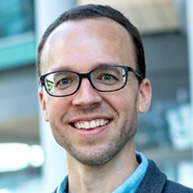
Matthew Hammerton
Assistant Professor of Philosophy
Basket Coordinator for Modes of Thinking
Lee Kong Chian Fellow
School of Social Sciences
Singapore Management University
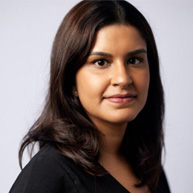
Sindhura Kalidas
Associate Artist
The Necessary Stage (TNS)
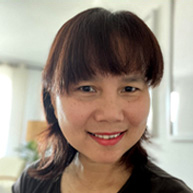
LinDa Saphan
Associate Professor of Sociology
College of Mount Saint Vincent
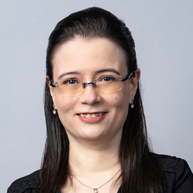
Emily Soon
Lecturer of English Literature
College of Integrative Studies
School of Social Sciences
Singapore Management University
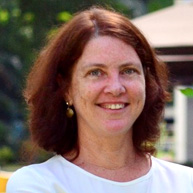
Denise Dillon
Associate Dean of Research Education
Associate Professor of Psychology
Chair of the Institutional Animal Care and Use Committee (IACUC)
James Cook University

Benjamin Horton
Director of the Earth Observatory of Singapore
Professor in Earth Science
Asian School of the Environment
Nanyang Technological University

Rishika Selvan
Vice President and Partnership Head
Singapore Youth for Climate Action
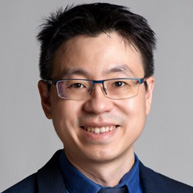
Kelvin Tay
Managing Director of Future Mobility
Goldbell Corporation
Chief Executive Officer of BlueSG
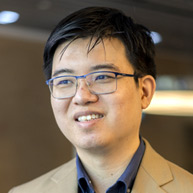
Justin Tse
Assistant Professor of Religion and Culture (Education)
College of Integrative Studies
Singapore Management University
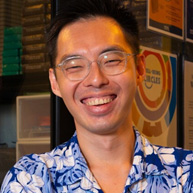
Sherman Ho
Co-Founder
The Happiness Initiative
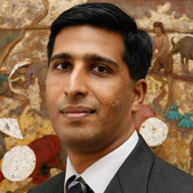
Mathew Mathews
Principal Research Fellow
Institute of Policy Studies
Lee Kuan Yew School of Public Policy
National University of Singapore
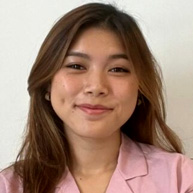
Nicole Ooi
Lead
Welcome In My Backyard
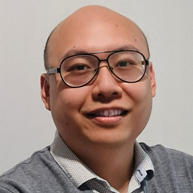
George Wong
Senior Lecturer of Sociology
School of Social Sciences
Singapore Management University
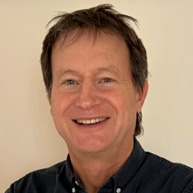
Bruce Hood
Professor of Developmental Psychology in Society
Bristol University
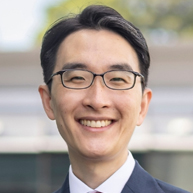
Giovanni Ko
Assistant Professor of Economics (Education)
College of Integrative Studies
Singapore Management University
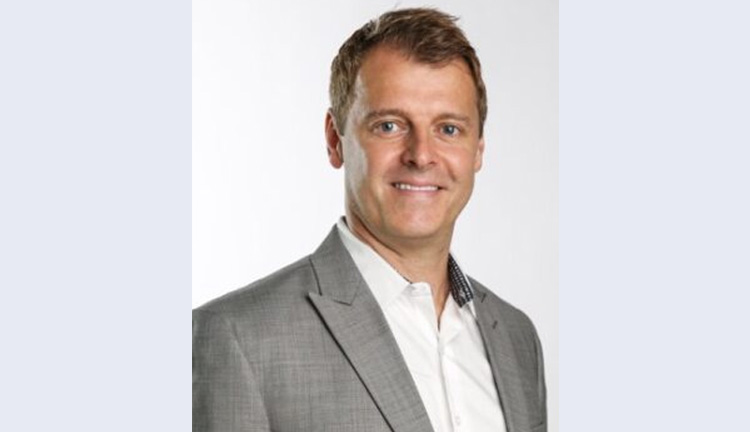
Professor Benjamin Horton is the Director of the Earth Observatory of Singapore at Nanyang Technological University, Singapore. His research concerns sea-level change. He aims to understand the mechanisms that have determined sea-level changes in the past, which will shape changes in the future. Professor Horton has won a number of research awards from European Geosciences Union, American Geophysical Union and Geological Society of America. Professor Horton is an editor for the Intergovernmental Panel on Climate Change (IPCC) 6th Assessment Report. Professor Horton has published over 250 articles in peer-reviewed journals, including 40 articles in high profile journals such as Science, Nature, and Proceedings of the National Academy of Sciences.
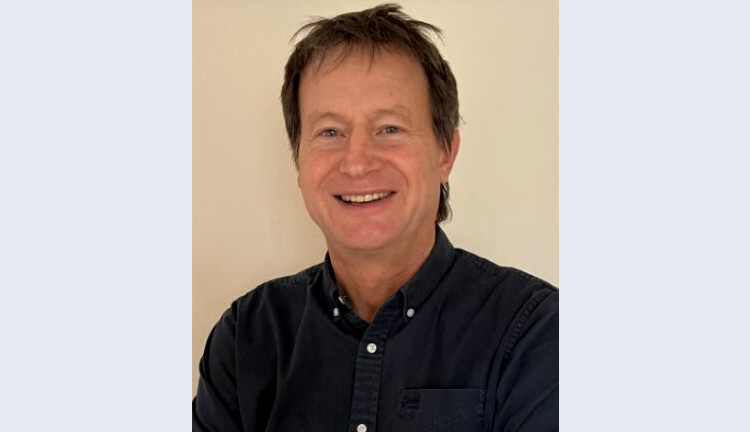
Bruce Hood is Professor of Developmental Psychology in Society at Bristol University since 1999. He undertook his Ph.D. in neuroscience at Cambridge followed by appointments at University College London, MIT and a faculty professor at Harvard. He researches child development, origins of superstition, self-identity and ownership. Bruce is a Fellow of the American Psychological Society, the Royal Institution of Great Britain and the British Psychological Society. His BBC Royal Institution Christmas Lectures “Meet Your Brain” were watched by over 4 million viewers and has written four popular science books published in 16 countries. Bruce’s next book about the science of happiness is published in March 2024.
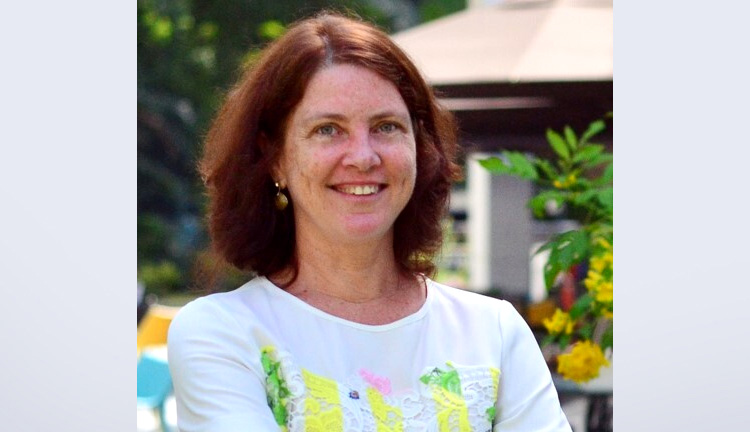
Denise Dillon is Associate Professor of Psychology at James Cook University, Singapore. Her primary research focus is biophilia (love for life and lifelike processes) and she has commented on climate-related anxiety and behaviours for the Straits Times and CNA. Denise is a certified Forest Therapy Guide and is one of three pioneers of forest therapy guiding in Singapore.
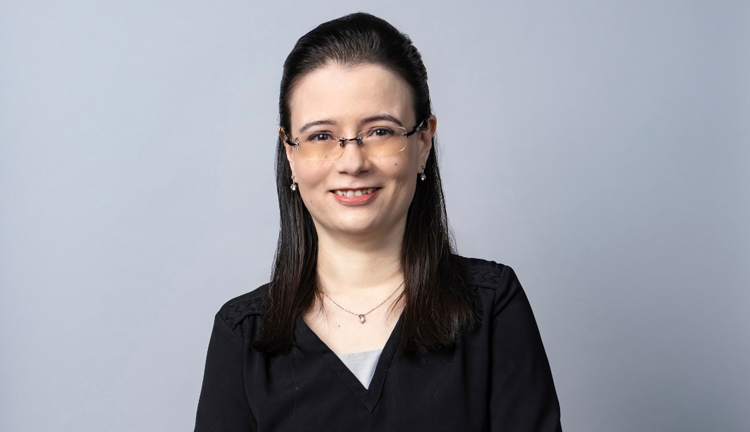
Emily Soon is Lecturer of English Literature in the College of Integrative Studies and the School of Social Sciences at Singapore Management University. Her research focuses on cross-cultural literary engagement between Asia and Europe in the premodern and modern eras, with a particular emphasis on Southeast Asia. Her research has been published in Modern Philology, Shakespeare Survey and England’s Asian Renaissance.
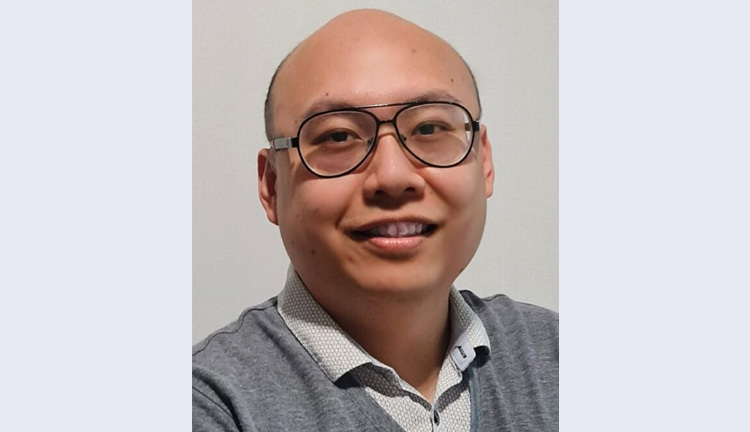
George Wong is Senior Lecturer of Sociology at the School of Social Sciences in Singapore Management University. He is also a visiting Senior Research Fellow at the Wealth Management Institute (WMI). His research sits at the intersection of urban politics, regimes and governance, community development, and capital flows. He is also a trained ethnographer with a decade of experience working on public, private and people sector projects in both academic and industry settings. His current research projects include an eco-political analysis of sustainability regimes in Asian cities and a study on the role of business families and private capital on the non-profit sector as urban development. Beyond academia, he is a community organiser and town councillor where he puts theory into praxis, and vice versa.
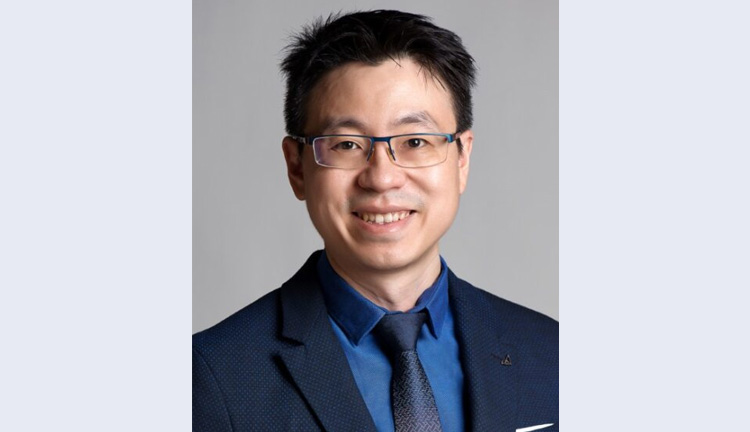
Kelvin Tay, Managing Director of Future Mobility at Goldbell Group and CEO of BlueSG, is the driving force behind innovation and transformation within the group. He spearheads the development of new revenue streams through venture building, with the vision of positioning Goldbell as a pioneer in the future mobility landscape for smart cities. A Cornell University graduate, Kelvin's career spans eight years at the Singapore Economic Development Board, followed by executive positions in the private sector. Notably, he led over ten mergers and acquisitions across Southeast Asia and established a $10 million venture capital fund.
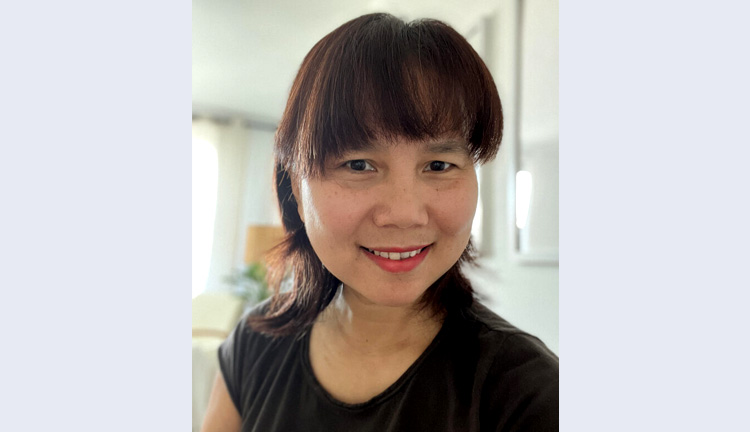
LinDa Saphan, a Fulbright Scholar, is an urban anthropologist and an established voice in the field of Cambodian cultural studies and has published extensively on Cambodian early popular music. She was the lead researcher and associate producer for the documentary film Don't Think I've Forgotten: Cambodia's Lost Rock and Roll and is an executive producer for several other film projects. She is the author of Faded Reels: The Art of Four Cambodian Filmmakers 1960-1975 published by the Royal University of Phnom Penh in 2022.
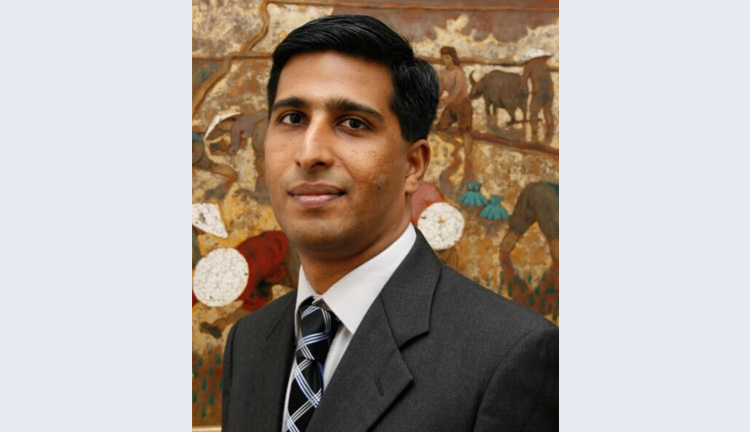
Mathew Mathews is Principal Research Fellow at the Institute of Policy Studies, Lee Kuan Yew School of Public Policy, National University of Singapore. He is also Head of Social Lab, a centre of social indicator research that manages many large scale research projects including large-scale cross-sectional surveys, longitudinal panel studies, evaluations and ethnographies. He has been the lead investigator of 50 research projects and Co-investigator of about 20 other projects. Much of his research focuses on social policy issues – social cohesion, inequality, poverty and family. Mathew has served on a number of national committees and is active in the non-profit sector.
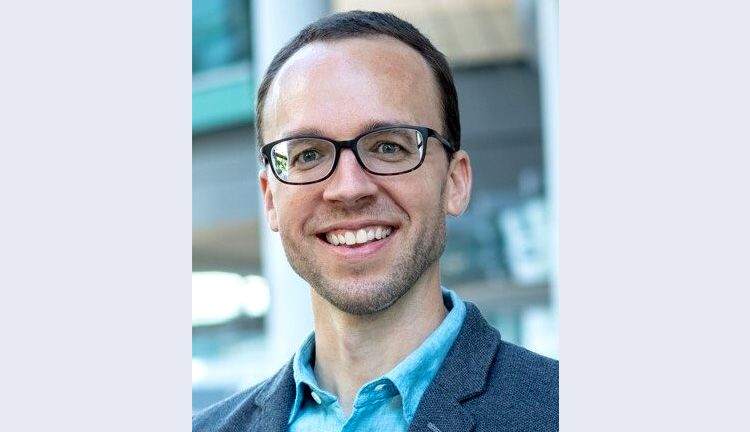
Matthew Hammerton is Assistant Professor of Philosophy and Lee Kong Chian Fellow in the School of Social Sciences at Singapore Management University. He is a moral philosopher whose published works cover well-being, meaning in life, moral reasoning, and Buddhist ethics.
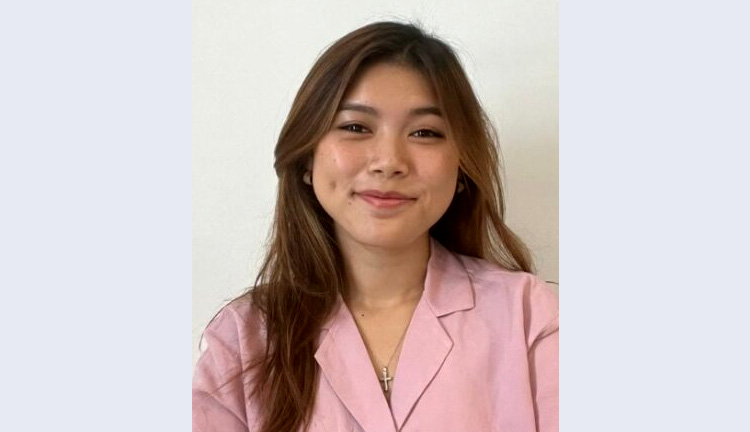
Nicole Ooi is the current lead of Welcome In My Backyard (WIMBY), a ground-up initiative whose vision is to dispel negative stereotypes and humanise migrant workers in Singaporeans’ eyes. As a mental health advocate, Nicole is convinced that a sense of belonging is key to migrant workers’ mental well-being, and she is a strong champion for equal and meaningful interactions between migrant workers and Singaporeans.
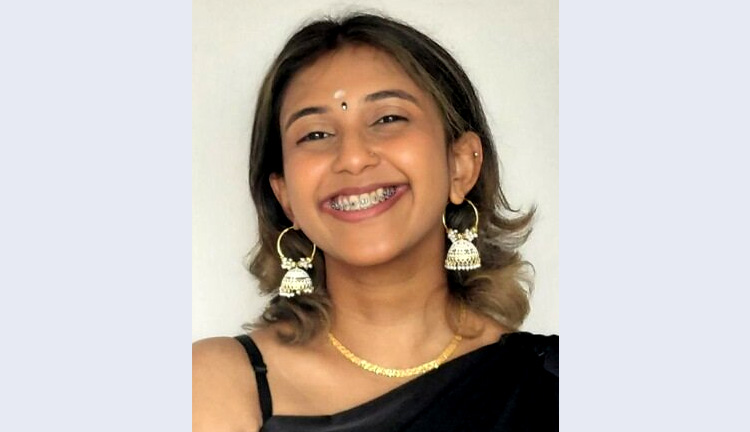
Rishika Selvan is a graduate community development student who is currently the Vice President and Partnership Head at Singapore Youth for Climate Action. Her work as a youth activist includes mobilising communities to promote ground-up climate action and enabling diverse voices in environmental policy-making in Singapore.
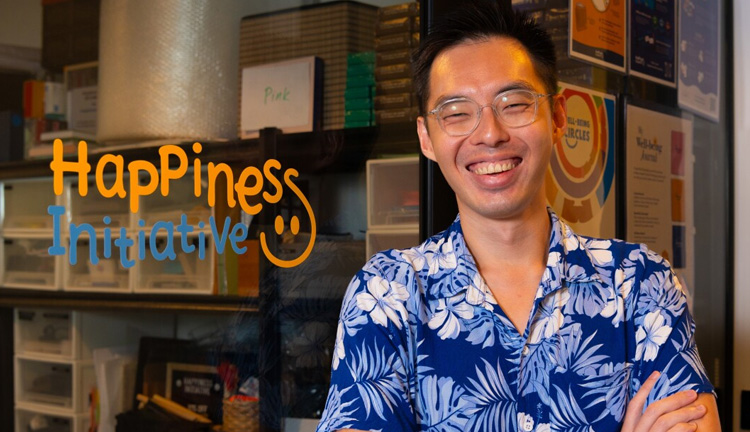
Sherman Ho is the Co-Founder of Happiness Initiative, a research-based social enterprise focused on accessible well-being skills. He leads marketing and product development, bringing innovative ideas and products – such as Let’s Unpack This and the Well-being Journal – to life. Sherman also sits on the steering committee of the SG Mental Well-being Network, a national committee which aims to build caring and inclusive communities in Singapore.
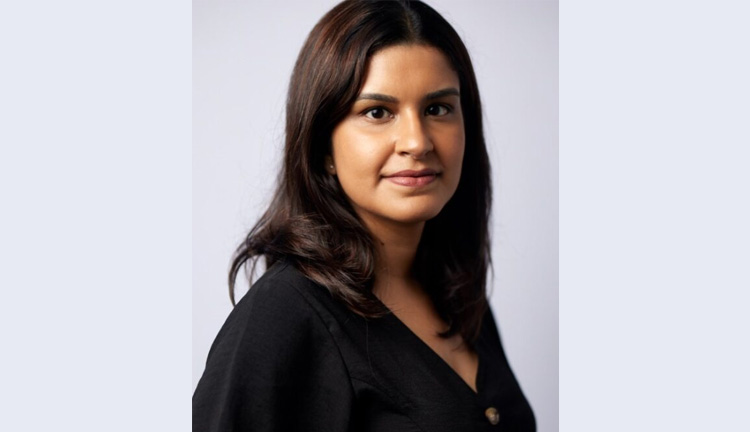
Sindhura Kalidas is a theatre practitioner and educator. She is currently an Associate Artist with The Necessary Stage (TNS) and a core team member of The Finger Players (TFP). Her recent notable credits include performing in Wild Rice’s Psychobitch (2023) and writing and co-directing TNS’s Happy Indian Women (2023). Sindhu is a recipient of the NAC Postgraduate Arts Scholarship and holds an MA (Distinction) in Dramaturgy and Writing for Performance from Goldsmiths, University of London. She hopes to continue exploring themes of race, gender, and community in future works and shed light on underrepresented and misrepresented groups in Singapore.
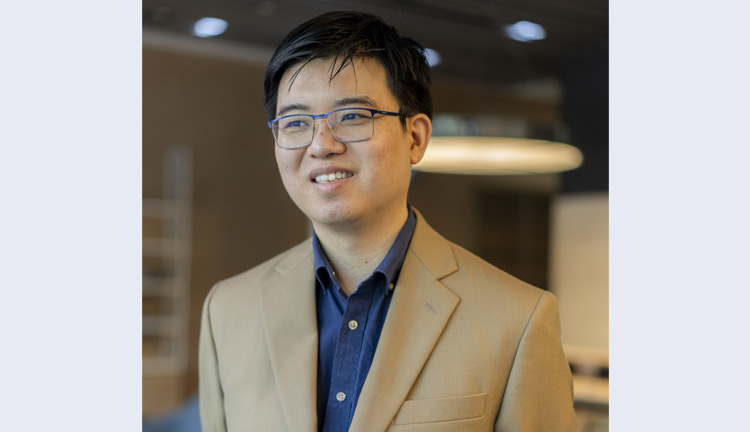
Justin Tse is Assistant Professor of Religion and Culture (Education) at Singapore Management University’s College of Integrative Studies. His book Sheets of Scattered Sand: Cantonese Protestants and the Secular Dream of the Pacific Rim is forthcoming this year from University of Notre Dame Press. He teaches Big Questions, as well as Publics and Privates on the Pacific Rim.
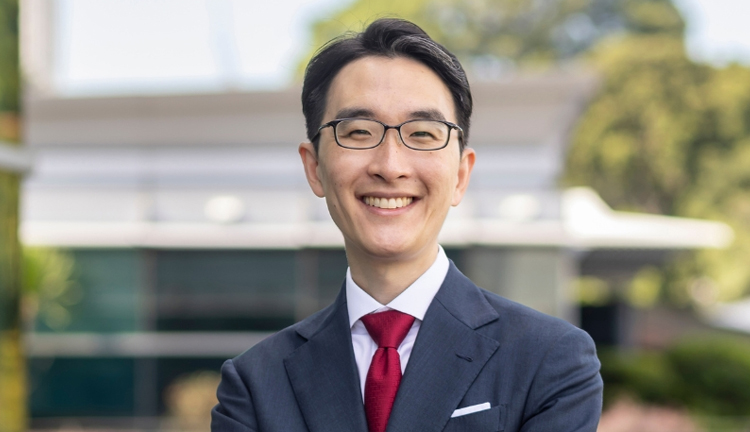
Giovanni Ko is Assistant Professor of Economics (Education) in the College of Integrative Studies at Singapore Management University. He graduated with a PhD from the London School of Economics and Political Science and a BA (Hons) in Mathematics from the University of Cambridge. His research interests lie at the intersection of economics, politics and law. His articles have been published in the Journal of Law and Economics and the European Journal of Political Economy. He is currently teaching the Core Curriculum course Economics and Society.